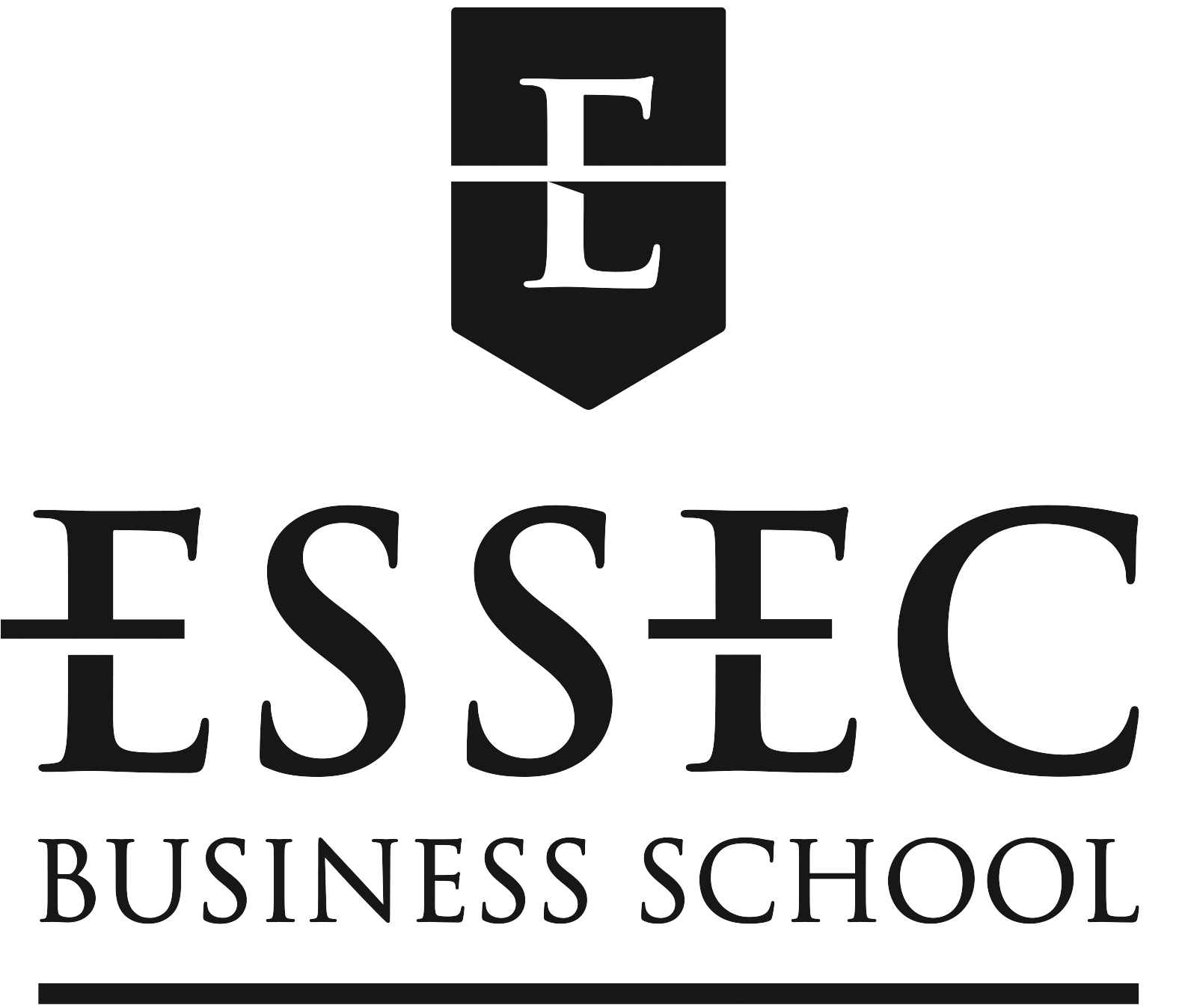- ESSEC Master in Management students from Asia and Europe chose Singapore for its reputation as a global business hub.
- Campus diversity eases the transition to the global world.
- Exclusive opportunities like the Junior Consultant Experience help develop the skills needed.
Perched on the equator, Singapore, a relatively tiny Southeast Asian nation of 7 million, stands out from its regional peers as, despite its lack of land and natural resources, the little red dot—as it is fondly known—is nothing short of an economic and business powerhouse, understood not just in Southeast Asia, but also the world.
Therefore, it is no surprise that the country has drawn students from across the world to pursue the Master in Management (MiM) program at the ESSEC Asia-Pacific Singapore campus.
Opening Doors to the Global World
“I chose the Singapore campus because of the opportunities it can provide via the presence of Western companies headquartered here,” Indian national Ajjay Muthukumar declares.
Victor Dupuy, from France, Mandy Song from China, and Birgitta Riani, from Indonesia, who likewise see their future of work in Asia, echo these sentiments.
“Learning Chinese at ESSEC and discovering about Asian culture and business will help me make strategic decisions for the companies I work for,” Victor explains, adding that Asia’s rapid growth means it will likely be a massive market for the pharmaceutical firms he hopes to work for.
Exclusive Industry Experience in Asia
The Junior Consultant Experience (JCE)—offered exclusively at the ESSEC Asia-Pacific campus—was also a massive pull factor as it gave the four of them, none of whom have a business background, the opportunity for industry experience.
This is because, as its name suggests, the JCE offers students on-the-job experience as consultants, where they try their hand at conducting market estimation, market research, data collection, and more before developing strategies to solve business problems.
This is significantly different from a case study or simulation as it allows students to work with actual companies, Ajjay declares. “It’s an invaluable opportunity to solve a real-world industry challenge, and being in Singapore gives us the added advantage of working with a team of individuals from diverse backgrounds.”
Developing Through Diversity
Diversity matters because “being able to navigate well and handle diversity in a globalized and interconnected world like ours today is an essential skill, if not a prerequisite, to be able to succeed professionally,” Birgitta chimes in, adding that cross-cultural interactions are given as during all group projects, students are encouraged to form teams with diversity in mind.
“Even while doing my undergraduate in Australia, I’ve never experienced such a diverse environment before,” Mandy exclaims. For her, the fact that classmates hail not just from different countries but also from other fields—like finance, engineering, pharmacy, and law—has been pivotal in giving her fresh perspectives and shaping her thoughts.
Community to Smoothen the Transition
But professional motivations aside, what is it like adapting to a new culture overseas?
According to Birgitta, it can be easier than one might think. “Singapore felt like home because of its similarity and proximity to my home country,” she explains.
But even for those not from Southeast Asia, support abounds from the ESSEC Asia-Pacific family. Victor testifies to how the faculty and staff walked with him each step—from helping him understand the regulations in Singapore to finding accommodation and providing helpful advice about setting up a bank account and SIM card.
“Being at a smaller campus means that you can have a closer relationship with the faculty,” Mandy shares, appreciating how the ESSEC faculty worked together to help her navigate COVID-19 travel restrictions and excel as a Student Ambassador.
Ajjay has also found that it is a bonus that people speak English, and most students come from different countries. Starting in Singapore, rather than France, has given him ample time to brush up on his French language skills and develop a network of friends to support him when he moves to Europe.
“I’ve never felt homesick, so for those students who are coming, I’d say just enjoy the journey—it’s a very comfortable and smooth transition when you come to Singapore,” he concludes.
RELATED POSTS
How is Learning Different at ESSEC APAC: According to SMIB Students
ESSEC Master in Strategy & Management of International Business students weigh the differences between a master’s program and their undergraduate…
Building Global Citizens at the ESSEC GBBA Program
How the ESSEC Global BBA program ensures graduates have the cultural and social awareness to thrive in the global world.
Why Experienced Professionals Choose the MiF Program at ESSEC Asia-Pacific
Master in Finance students from the class of 2023-2024 share how the program offers them an advantage.
The Best of East and West: Three Reasons Why SMIB Students Choose ESSEC APAC
Master in Strategy and Management of International Business students share the rationale for studying in a French school in Singapore.
Why Global Talents Call Singapore Home
Learn how Singapore’s strategic location, economic strength, and cultural blend, along with its investment-friendly policies, have made it a central…
Why Study in Singapore at ESSEC APAC
Find out why Singapore attracts international students with its top-notch infrastructure, strategic location, and strong economy, making it an…







